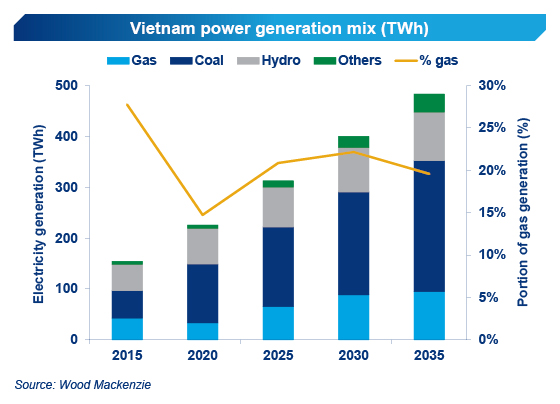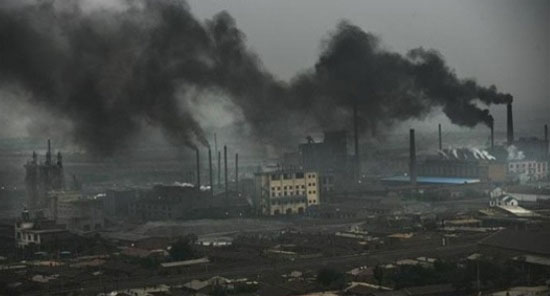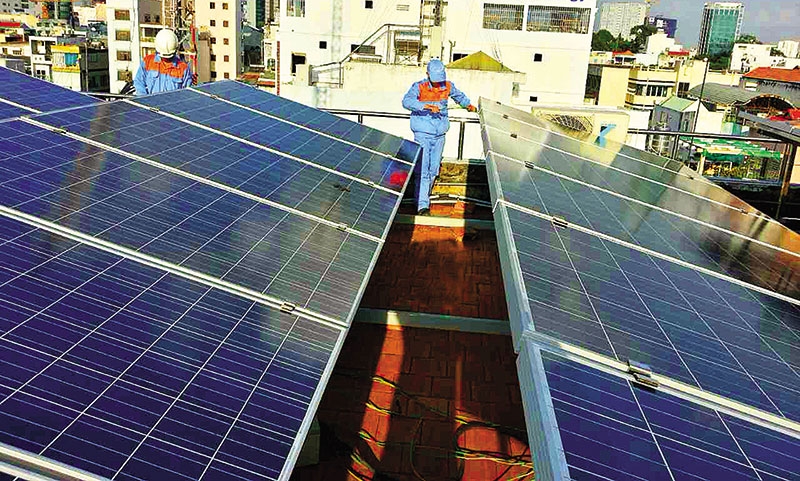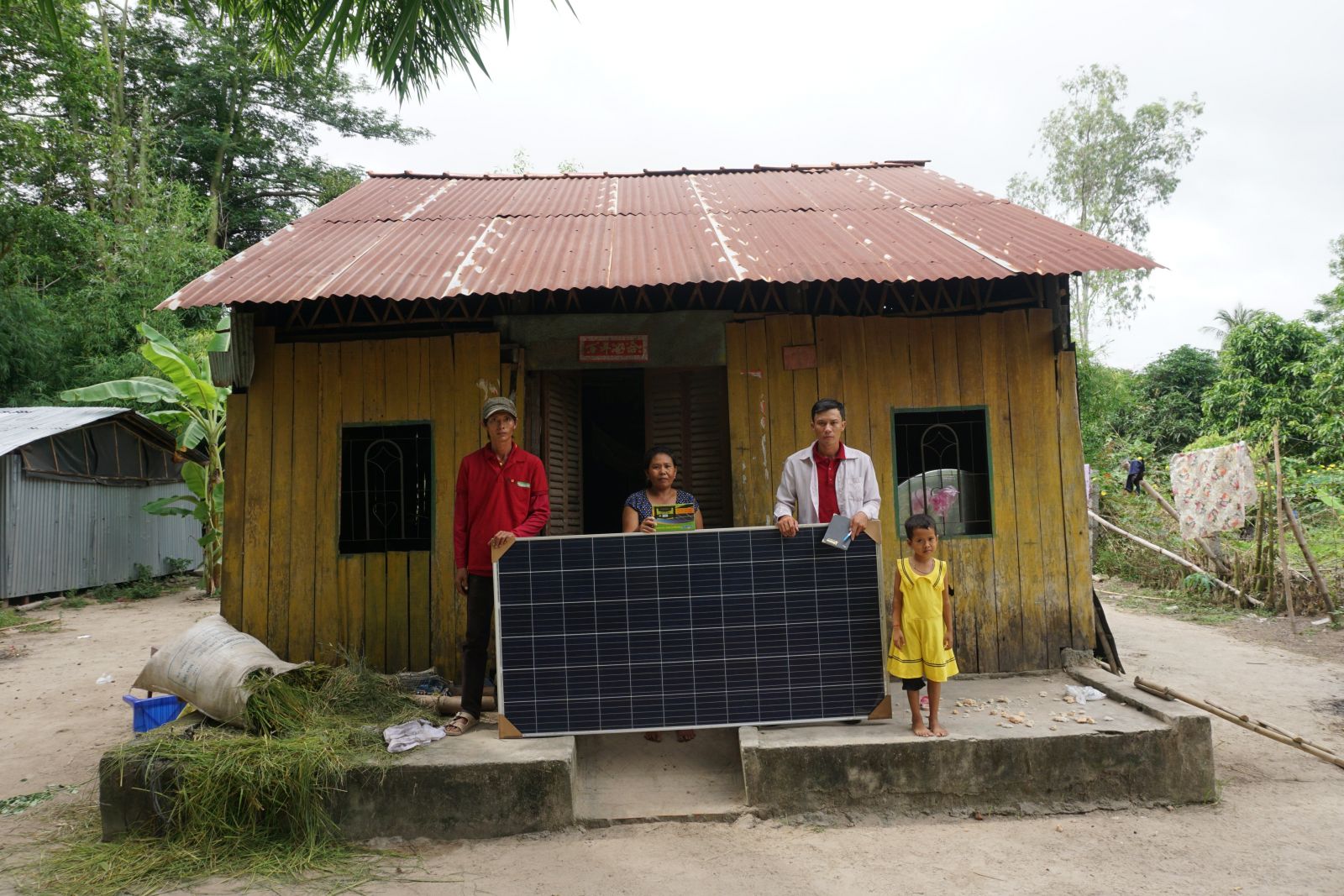
The 30th anniversary edition of our annual World Investment Report – WIR2020: International Production Beyond the Pandemic, is just launched.
Dear Members of the World Investment Network,
The 30th anniversary edition of our annual World Investment Report – WIR2020: International Production Beyond the Pandemic, is just launched.
The Report provides the latest trends and prospects for global and regional investment flows and it documents recent national policy changes and developments around international investment agreements. It includes a detailed assessment of the impact of the crisis caused by COVID-19 on both trends and policies.
The theme chapter of the Report briefly looks back at three decades of international production before switching to a forward-looking perspective analyzing likely directional trends for international production over the decade to 2030.
This year’s Report contains a new chapter on Investment in the SDGs, with an assessment of progress made on mobilizing and channeling investment to SDG during the first 5 years after the adoption of the SDGs.
A few key findings of the Report:
- The COVID-19 crisis will cause a dramatic fall in FDI. Global FDI flows are forecast to decrease by up to 40 per cent in 2020, from their 2019 value of $1.54 trillion. This would bring FDI below $1 trillion for the first time since 2005.
- Early indicators confirm the immediacy of the impact. Both new greenfield investment project announcements and cross-border mergers and acquisitions (M&As) dropped by more than 50 per cent in the first months of 2020 compared with last year.
- The impact, although severe everywhere, varies by region. Developing economies are expected to see the biggest fall in FDI because they rely more on investment in global value chain (GVC)-intensive and extractive industries, which have been severely hit, and because they are not able to put in place the same economic support measures as developed economies.
- Despite the drastic decline in global FDI flows during the crisis, the international production system will continue to play an important role in economic growth and development. Global FDI stock stands at $36 trillion today.
- However, the international production system is entering a decade of transformation. This transformation will bring both challenges and opportunities for investment and development policymakers:
Challenges include increased divestment, relocation and investment diversion, and a shrinking pool of efficiency-seeking investment, implying tougher competition for FDI.
Opportunities arising from the transformation include attracting investors looking to diversify supply bases and building redundancy and resilience. The pool of regional market-seeking investment will increase. And digital infrastructure and platforms will enable new applications and services and improve bottom-up access to GVCs.
- Progress on investment in the SDGs is evident across six of 10 SDG investment sectors: infrastructure, climate change mitigation, food and agriculture, health, telecommunication, and ecosystems and biodiversity. However, overall growth is falling well short of requirements.
- Sustainability funds have grown rapidly in number, variety and size. UNCTAD estimates that funds dedicated to investment in sustainable development have reached $1.2-1.3 trillion today. However, most of these funds are invested in developed countries (e.g. in renewable energy).
- A new set of global actions to facilitate a “Big Push” in SDG-relevant private sector investment in the developing world is urgently needed. UNCTAD’s new Action Plan combines several policy instruments to provide an implementation framework for investing in the 2030 Agenda for Sustainable Development.
Best regards,
James X.Zhan
Director, Investment and Enterprise
Lead, World Investment Report
United Nations Conference on Trade & Development
Palais des Nations, Geneva







.png)
